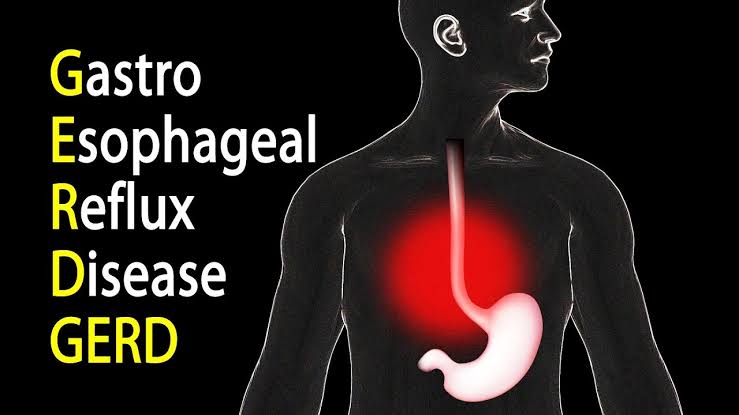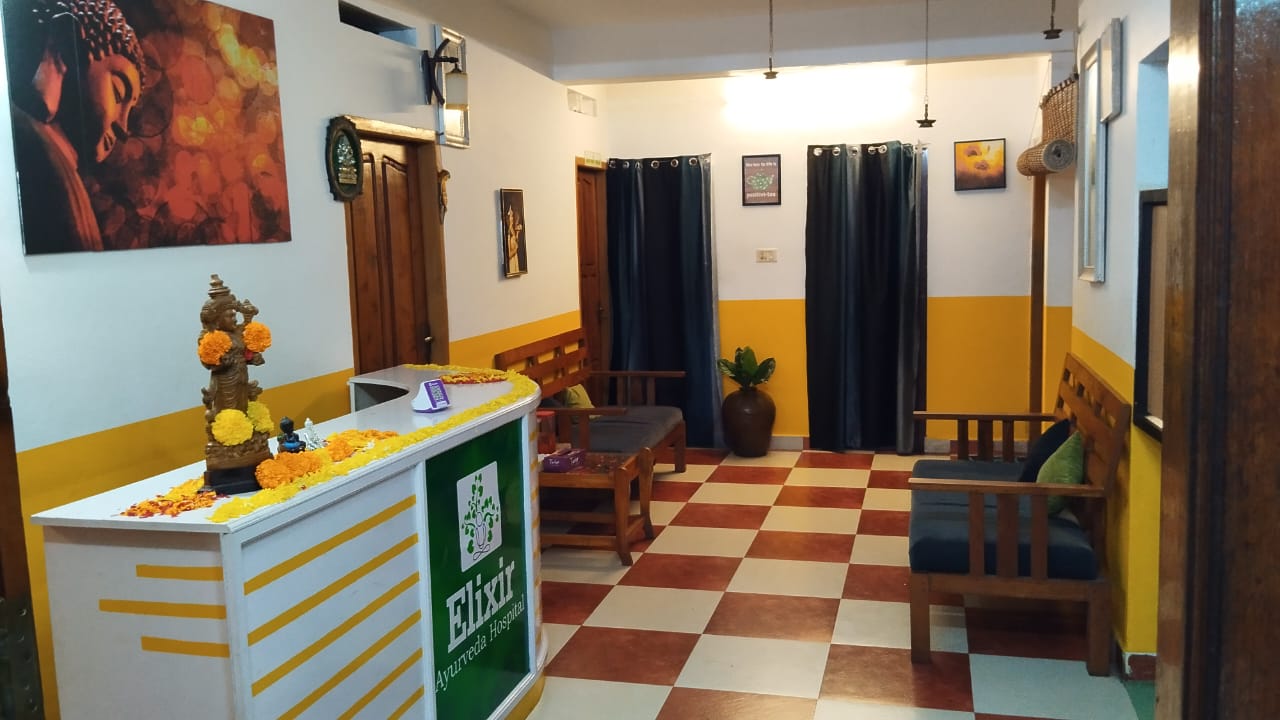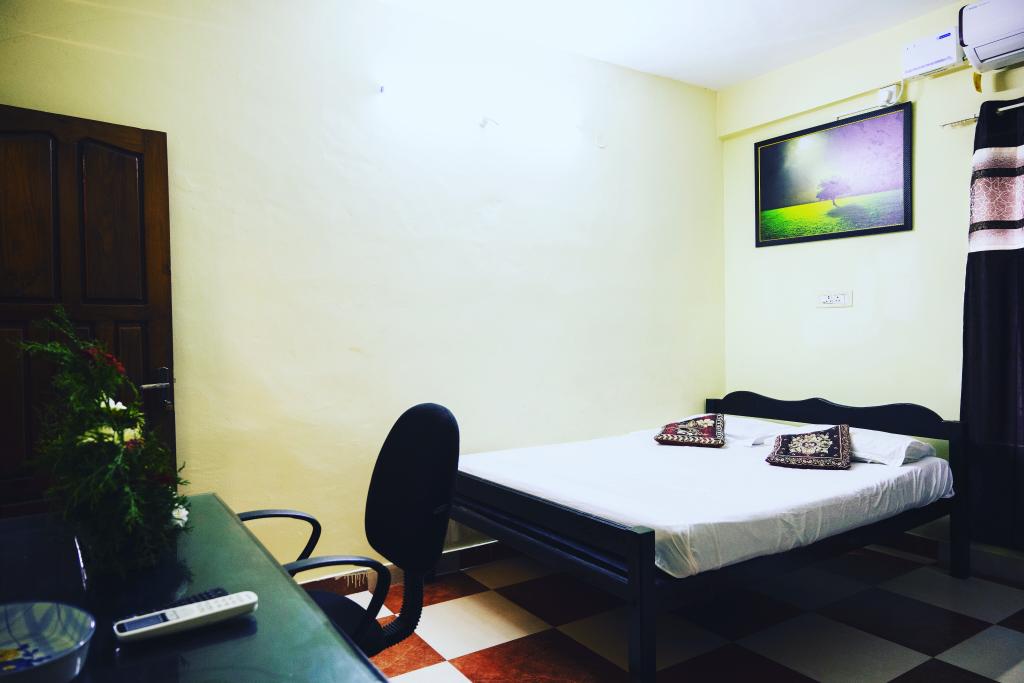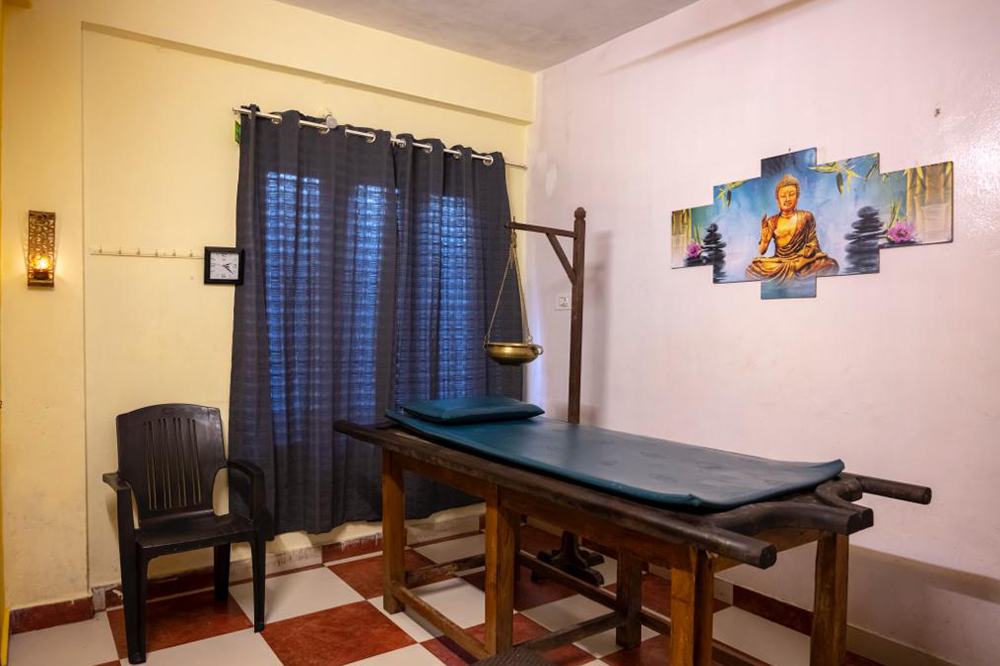Gastro Esophageal Reflux Disease (GERD) is a prevalent gastrointestinal complaint that can significantly disrupt daily life. It occurs when digestive juices flow upward from the stomach into the esophagus, causing acid reflux. This condition often stems from a weakened valve between the stomach and esophagus, allowing stomach acid to regurgitate into the esophagus, potentially leading to mucosal damage. While occasional acid reflux is normal, chronic GERD requires attention and treatment.
Causes of Hyperacidity/Acidic Reflux
Several factors contribute to the development of hyperacidity and acid reflux:
Mental or Physical Stress:
Stress can worsen the symptoms of GERD. Managing stress through relaxation techniques like yoga and meditation can be beneficial.
Excessive Smoking and Alcohol Consumption:
These habits can weaken the lower esophageal sphincter, promoting acid reflux. Quitting smoking and moderating alcohol intake can help manage GERD.
Pregnancy:
Hormonal changes during pregnancy can relax the esophageal sphincter, leading to acid reflux. Pregnant individuals should consult their healthcare providers for safe GERD management.
Sedentary Lifestyle:
Lack of physical activity can contribute to digestive issues. Regular exercise can aid in digestion and reduce the risk of GERD.
Chronic Cough:
Persistent coughing can put pressure on the abdomen and trigger acid reflux. Addressing the underlying cause of the cough is essential for GERD management.
Lying Down After Eating:
Immediate horizontal position after meals can encourage acid reflux. Opt for a leisurely walk after meals to aid digestion.
Caffeine and Tea:
Excessive consumption of caffeine and tea can stimulate acid production. Limiting caffeine intake, especially before bedtime, can help reduce GERD symptoms.
Irregular Meal Timings:
Skipping meals or long gaps between meals can increase the risk of acid reflux. Eating at regular intervals can promote better digestion.
Symptoms of Hyperacidity
Recognizing the symptoms of hyperacidity can help in its management:
Heartburn:
A burning sensation in the chest or upper abdomen. Heartburn is a classic symptom of GERD and is often triggered by lying down after a meal.
Gastric Discomfort:
General discomfort and pain in the stomach area, often characterized by a feeling of fullness.
Bloating and Gas:
Experiencing bloating, gas, and frequent burping, especially after consuming certain foods or carbonated beverages.
Vomiting and Nausea:
Nausea and occasional vomiting may occur, particularly when acid reflux is severe.
Bad Breath:
Foul-smelling breath, often accompanied by an acidic taste in the mouth, can be a result of acid reflux.
Dietary Management
Ayurveda emphasizes dietary adjustments as a crucial part of GERD management:
Choose Vegetables Wisely:
Opt for vegetables like beans, cabbage, carrots, drumsticks, and spring onions. Incorporating sweet fruits, Amla (Indian gooseberry), and spinach can also help alleviate acidity symptoms. These foods are considered cooling and soothing to the digestive system.
Frequent, Smaller Meals:
Consuming smaller, more frequent meals can reduce the risk of acid reflux. Avoid overeating, which can put additional pressure on the lower esophageal sphincter.
Avoid Harmful Habits:
Steering clear of smoking, tobacco, and excessive alcohol is essential for GERD sufferers. Nicotine and alcohol can relax the esophageal sphincter, worsening acid reflux.
Stay Hydrated:
Adequate water intake is crucial for proper digestion. Drinking water between meals, rather than immediately before or after, can aid digestion and prevent acid reflux.
Ayurvedic Approach to GERD
In Ayurveda, GERD is correlated with "Urdhwaga Amlapitta," a condition characterized by increased pitta dosha and impaired digestion. The main objective of Ayurvedic treatment for GERD is to balance the doshas, particularly pitta dosha, and strengthen the digestive fire (agni). Here are some Ayurvedic approaches to managing GERD:
Dietary Modifications:
Ayurveda recommends a diet that is cooling, soothing, and easy to digest. Foods like sweet fruits, yogurt, ghee, and rice can help pacify pitta dosha and reduce acidity. Avoid spicy, sour, and excessively hot foods.
Herbal Remedies:
Ayurvedic herbs such as Guduchi (Tinospora cordifolia), Yashtimadhu (Glycerrhiza glabra), Shatavari (Asparagus racemosus), and praval (coral) are known for their soothing properties. These herbs can be taken under the guidance of an Ayurvedic practitioner to alleviate GERD symptoms.
Panchakarma:
Ayurvedic detoxification therapies like Virechana (therapeutic purgation) and Basti (medicated enema) are employed to eliminate excess pitta and toxins from the body. Panchakarma treatments can help restore balance to the digestive system.
Lifestyle Recommendations:
Managing stress through practices like yoga and meditation is crucial for individuals with GERD. Stress can exacerbate symptoms and disrupt digestion.
Customized Treatment:
Ayurvedic treatment for GERD is highly individualized, taking into account the patient's constitution (prakriti) and imbalances (vikriti). An Ayurvedic practitioner will assess the specific needs of each patient and tailor treatment accordingly.
Conclusion
GERD, or Urdhwaga Amlapitta in Ayurveda, is a condition that can significantly impact one's quality of life. While conventional treatments focus on symptom relief through medications, Ayurveda offers a holistic approach that addresses the root causes of the condition. By balancing the doshas, adopting a suitable diet, incorporating herbal remedies, and managing stress, individuals with GERD can find lasting relief and improve their overall digestive health. Ayurvedic treatment for GERD emphasizes not just symptom management but also the restoration of harmony within the body, promoting well-being and vitality.
FAQ’s
Q1. Can chronic heartburn be harmful?
Yes, chronic heart burn also known as acid reflux can be a sign of gastro esophageal reflux disease. Persistent exposure to stomach acids can inflame and damage the lining of esophageal lining.
Q2. What are the investigations done for diagnosing GERD?
▪︎ Gastroscopy (Upper gastrointestinal endoscopy)
▪︎ Esophageal pH monitoring
▪︎ Gastrin levels in blood
▪︎ Ba Meal X ray
▪︎ Serology+Histology for H.pylori
▪︎ Stool routine examination
Q3. What are the complications of GERD if not treated on time?
If not treated timely or if unwholesome diet, regimen and habits continued, it may lead to,
▪︎ Gastric ulcer
▪︎ Chronic gastritis
▪︎ Duodenitis
▪︎ Irritable bowel syndrome
▪︎ Mal absorption
▪︎ Anaemia
▪︎ Peptic stenosis
Q4. Whether will i get total cure from hyperacidity?
Strict adherence with good habits, proper diet, healthy lifestyle along with medication mostly gives total cure from uncomplicated acid peptic disorder.
- Will panchakarma help me in curing hyperacidity?
Yes, it cleanses the body, removes excessive pitta.


























